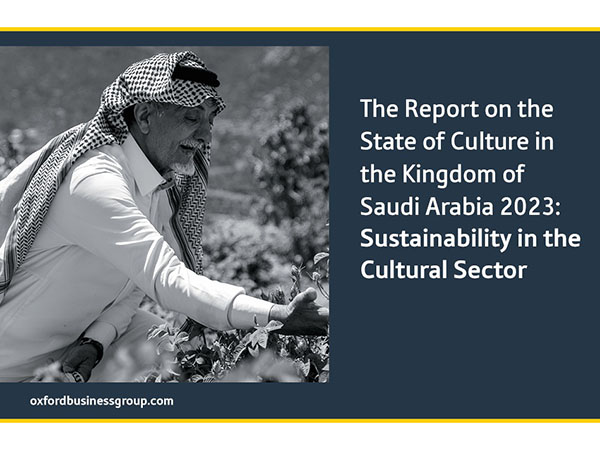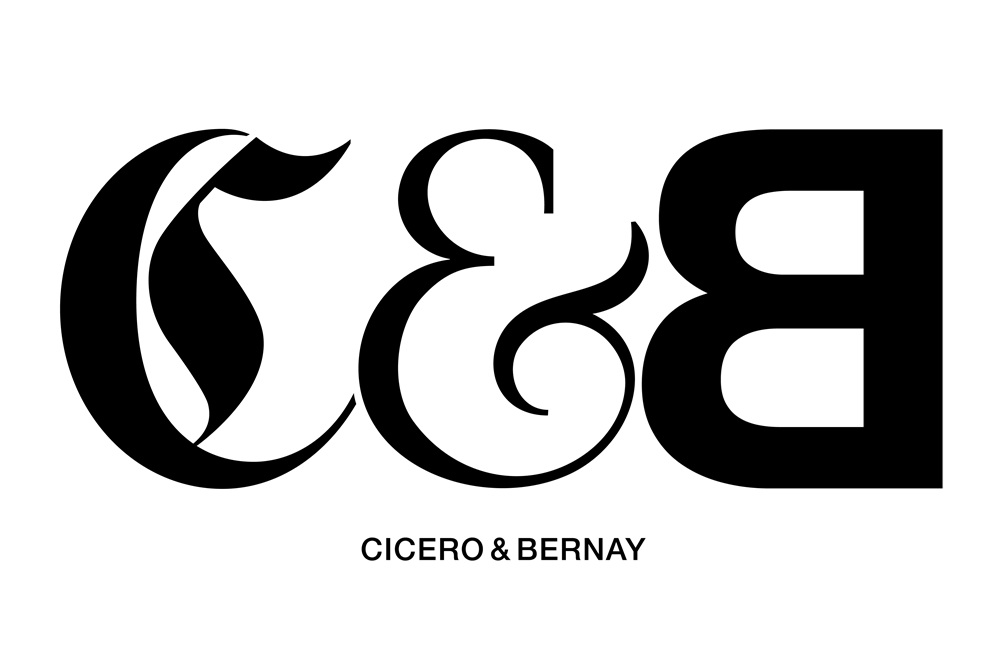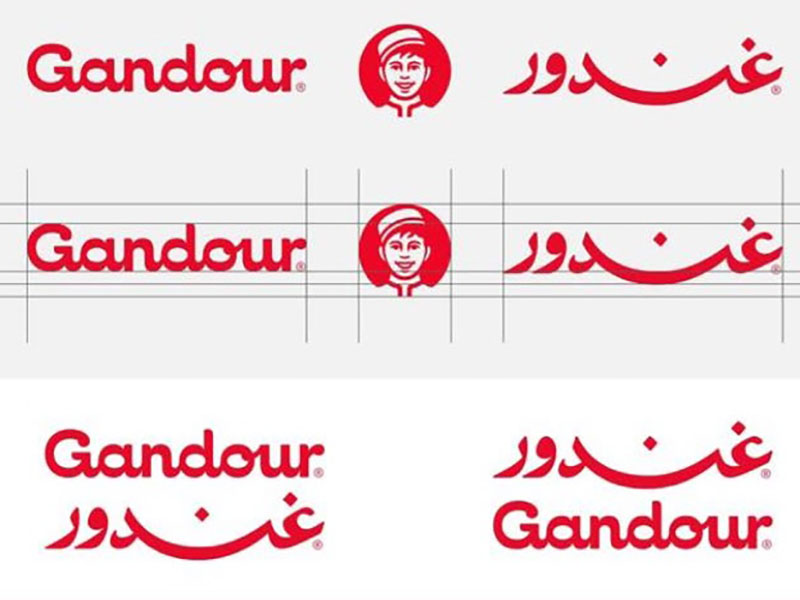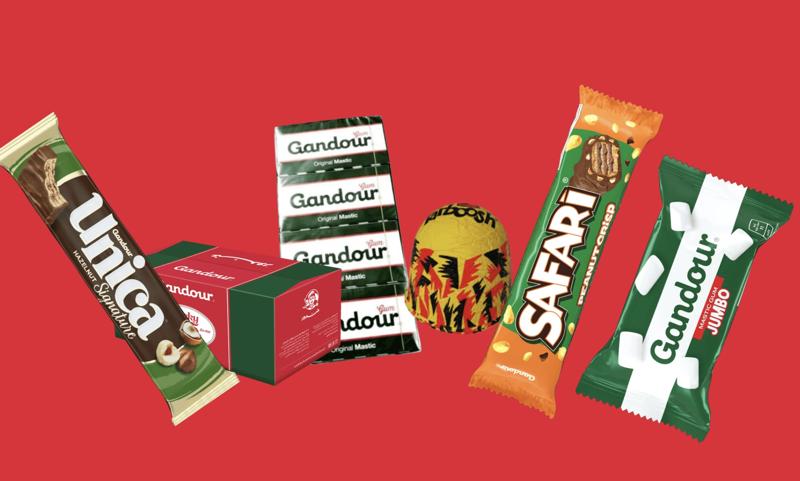News - Branding
Heineken and Moët & Chandon are world most valuable brands as per Brand Finance 2023 ranking
July 31, 2023
.jpg) Advertisement
AdvertisementHeineken claims title of world’s most valuable beer brand
Heineken, the Netherlands-headquartered beer company, (brand value up 10% to USD7.6 billion) has overtaken Corona Extra (brand value up 6% to USD7.4 billion) to become the world’s most valuable beer brand.
Despite the inflationary pressures being faced by consumers, beer brands continue to see brand value growth. Further, Heineken also ranked second in terms of brand strength.
Every year, leading brand valuation consultancy Brand Finance puts 5,000 of the biggest brands to the test, and publishes over 100 reports, ranking brands across all sectors and countries. The world’s top 50 most valuable and strongest Beer brands are included in the annual Brand Finance Beer 50 2023 ranking.
Brand value is understood as the net economic benefit that a brand owner would achieve by licensing the brand in the open market. Brand strength is the efficacy of a brand’s performance on intangible measures relative to its competitors.
Henry Farr, Associate Director, Brand Finance said: “It seems like beer drinkers are not necessarily drinking more, but instead, are drinking better. Visits to bars and restaurants are becoming less regular and less spontaneous, meaning many consumers are looking to trade-up on their beer of choice, prioritising taste and quality over price. Beer brands that are delivering on high quality premium lagers seem to be doing well.”
Asahi: world’s strongest beer brand
In addition to calculating brand value, Brand Finance also determines the relative strength of brands through a balanced scorecard of metrics evaluating marketing investment, stakeholder equity, and business performance. Compliant with ISO 20671, Brand Finance’s assessment of stakeholder equity incorporates original market research data from over 100,000 respondents in 38 countries and across 31 sectors.
Asahi (brand value up 11% to USD2.8 billion) is the world’s strongest beer brand, earning a brand strength index score of 92.6 out of 100, and a corresponding AAA+ rating. As Japan’s most popular beer brand, regional support has been a key driver in developing brand strength.
Further, as part of its analysis, Brand Finance assesses the role that specific brand attributes play in driving overall brand value. One such attribute is sustainability. Brand Finance assesses how sustainable specific brands are perceived to be, represented by a ‘Sustainability Perceptions Score’. The value that is linked to sustainability perceptions, the ‘Sustainability Perceptions Value’, is then calculated for each brand.
Asahi has the highest Sustainability Perceptions Score, at 5.65 out of 10, of any brand included in the Beers 50 2023 ranking. Closely behind was another Japan-based brand, Kirin (ranked 7th with a brand value USD3.2 billion).
Tsingtao and Zhujiang: two fasted-growing beer brands brand value growth around global beer market
Zhujiang (brand value up 44% to US$680 million) claims the title of beer’s fasted-growing brand, followed by Tsingtao (up 39% to US$2.1 billion). Chinese beer brand Zhujiang grew this past year, in part, thanks to its improved standing with younger, more price-sensitive consumers. While competitors have opted for price hikes, Zhujiang has maintained stable beer prices, offering a quality, mid-price alternative.
Tsingtao’s impressive brand value growth links directly to the brand’s revitalised business model. In 2022, Chinese beer Tsingtao launched over 250 taverns and introduced the brand’s new and immersive customer-centric strategy.
Moët & Chandon maintains title as most valuable Wine & Champagne brand, valued at USD1.3 billion despite fall in Champagne brand values
Champagne & Wine brands
Maintaining the number one spot for the third consecutive year, Moët & Chandon (brand value down 10% to USD1.3 billion) tops the ranking as the world’s most valuable wine brand. Despite a slight decline in brand value, the Champagne champion stays just ahead of the ranking’s second most valuable brand Changyu (brand value up 33% to USD1.2 billion), which climbed two positions in this year’s ranking.
Changyu – little known amongst western wine connoisseurs – will be a shock challenger at the top of the wine brand rankings. However, the massive and growing size of the Chinese wine market means that the brand is extremely valuable.
Henry Farr, Associate Director at Brand Finance said: “Within the Wine & Champagnes sector, Wines have performed better in terms of brand value growth. High-end Champagnes have taken a hit. Difficult growing conditions, reduced availability and price hikes have steered some consumers towards lower-end sparkling wines as an alternative. For those less effected by harsher financial situations, this could be due to not wanting to appear vulgar or ostentatious by indulging in luxury products when others are struggling with the rising costs of living.”
In addition to calculating brand value, Brand Finance also determines the relative strength of brands through a balanced scorecard of metrics evaluating marketing investment, stakeholder equity, and business performance. Compliant with ISO 20671, Brand Finance’s assessment of stakeholder equity incorporates original market research data from over 100,000 respondents in 38 countries and across 31 sectors.
Changyu: world’s strongest Wine & Champagne brand
Changyu (up 33% to brand value USD1.2 billion) becomes the strongest Wine & Champagnes brand with a BSI score of 83.2 out of 100, earning it a AAA- rating. The China-based brand boasts three consecutive years of brand strength growth.
Penfolds: fastest-growing Wine & Champagne brand
Penfolds (brand value up 48% to USD659 million) is this year’s fastest-growing Wine & Champagne brand. The Australian-based brand is also the category’s second strongest, with a BSI of 81.6 out of 100. Penfold’s brand strength boasts a 19-point increase since last year and has earned the brand a corresponding AAA- rating.
By embracing new technologies and innovation, Penfolds has streamlined its consumer-centric approach. This includes the brand’s launch of its 2022 wine collection which, for the first time, expanded beyond Australian-made wines. The collection included French and Californian wines as part of the brand’s efforts to enhance global brand awareness and market share, resulting in improved brand value and strength. This has also captured Penfolds’ wider sustainability plan, as the collection aimed to alleviate pressures on regions with harsher climates and reduced crop yields, earning it a Sustainability Perceptions Score of 4.59 out of 10, positioning the brand third in the ranking based on this metric.


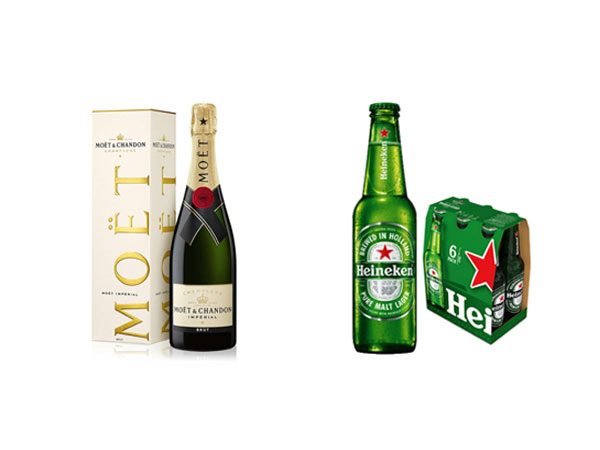
.jpg)


